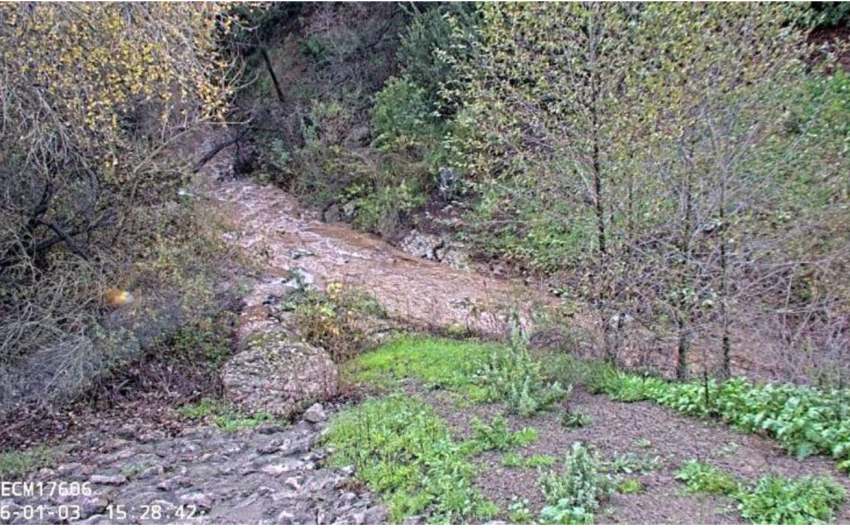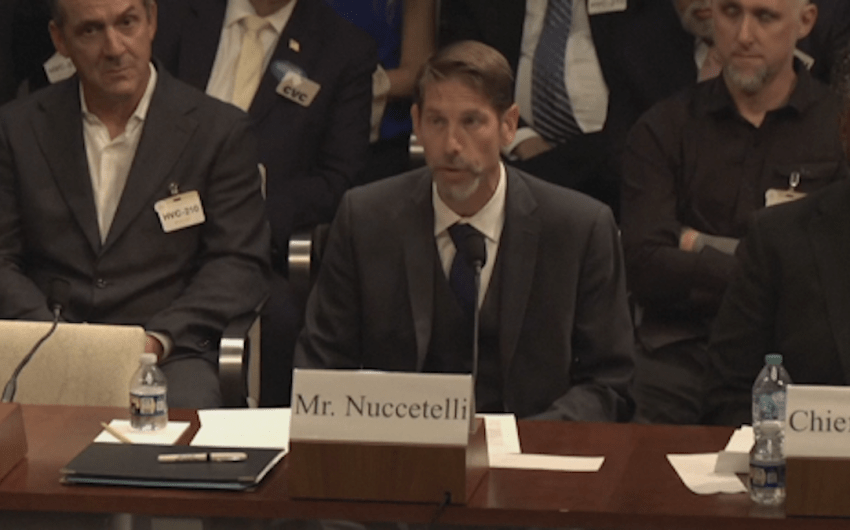Unsolved murders are commonplace in some parts of the world. People disappear, bodies are dumped, and overwhelmed, under-resourced, or corrupt officials refuse to allocate time or resources to finding out why. The same thing can happen in a developed and wealthy country like the United States, particularly among the poor or unhoused, people whose death rouses no interest, outrage, sympathy, or suspicion. Victims require advocates, within the legal system and outside it. How many cold cases remain so because they have been forgotten?
Doug Kari is a freelance journalist, attorney, and outdoor adventurer whose reporting has appeared in numerous local, regional, and national publications. True crime is his beat, and his first book, The Berman Murders, recounts the disappearance and apparent murder of Barry and Louise Berman, a case which began in January 1986 in California’s remote Mojave Desert, and remains unsolved 38 years later.
Even before they loaded their Datsun pickup and drove into the desert, Barry and Louise Berman were an unusual couple. Louise was nearly two decades older than Barry, with three failed marriages behind her, a couple of children, an impulsive romantic history, and one short stint in jail. Barry was the introverted scion of a wealthy Beverly Hills family; his father, Jules Berman, made a fortune popularizing the liqueur Kahlúa and investing in real estate. But the lavish wealth, which included a mansion, luxury cars, a yacht, and grand vacation properties, alienated Barry from his family; he was determined to forge his own path based on his values, not his father’s. On a trip to India, Barry discovered a spiritual practice with rigid tenets and became a devoted disciple.
Barry and Louise shared an interest in spirituality: They were a pair of seekers. But by 1986, their marriage had become stale, and the trip to the desert was meant to rekindle a slumbering passion. Instead, they met their demise. At first, the couple’s disappearance was treated as a search-and-rescue operation and garnered media attention. But months later, when Barry’s and Louise’s remains were found by a hiker and positively identified by Inyo County’s coroner, the inquiry shifted to the small group of people Barry and Louise had encountered at a hot spring, including a Marine captain stationed in Barstow named Michael Pepe.
This is where Kari’s account takes a dark turn, shifting from the Mojave Desert to Phnom Penh, Cambodia, away from the Bermans to Pepe, who moved to Cambodia in the early 2000s. At that time, Cambodia was still suffering from the trauma inflicted by the United States’ long war in Vietnam, which included bombing and mining of Cambodian territory, and the subsequent reign of terror and murder perpetrated by the communist Khmer Rouge, whose victims numbered in the hundreds of thousands. Because his focus was Pepe, Kari doesn’t speculate on why life is so cheap in Cambodia, but the history helps explain why a parent would willingly sell their child to the sex trade or someone like Pepe. Extreme poverty and deprivation and hopelessness carry heavy costs.
Ironically, Pepe’s legal travails for sexual crimes are largely responsible for keeping his association with the Berman murders alive. Pepe would be held accountable for the former, but not the latter. Some of the evidence implicating Pepe is circumstantial, but as Kari’s exhaustive reporting demonstrates, he emerges as the most plausible suspect. Not only was he one of the last people to see the Bermans alive, his military training certainly gave him the capacity to carry out a double homicide. Moreover, his sadistic acts in Phnom Penh and utter disregard for his underage victims add credence to the presumption of his guilt.
A married couple goes for a hike in the desert. In that remote, eerie, and beautiful landscape, they have a random encounter with a criminal deviant and are never seen alive again. It’s the stuff of nightmares. Though The Berman Murders is an absorbing read, it’s hardly a comfortable one. The book can’t deliver justice for the Bermans, but at least they are not forgotten.
This review originally appeared in the California Review of Books.











